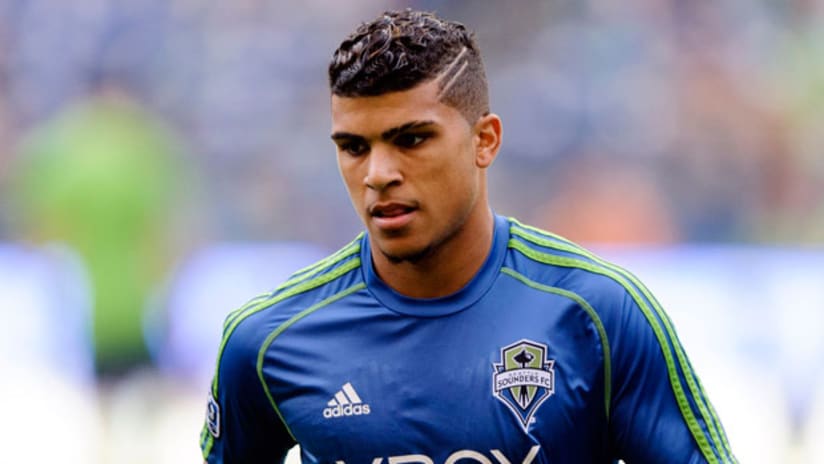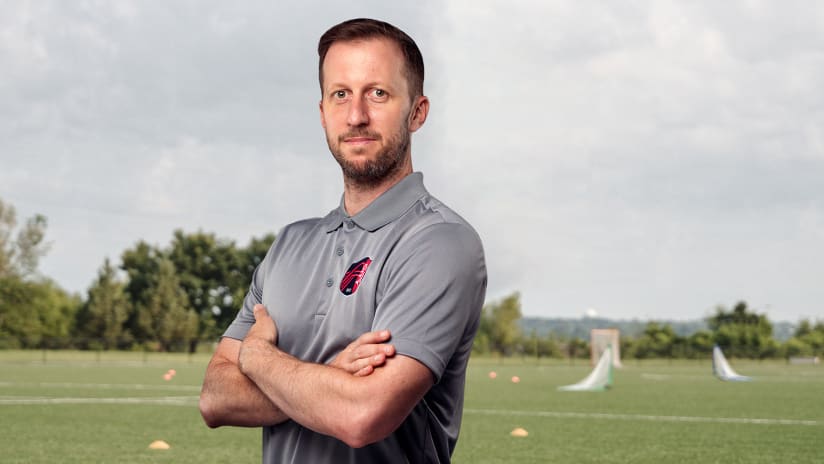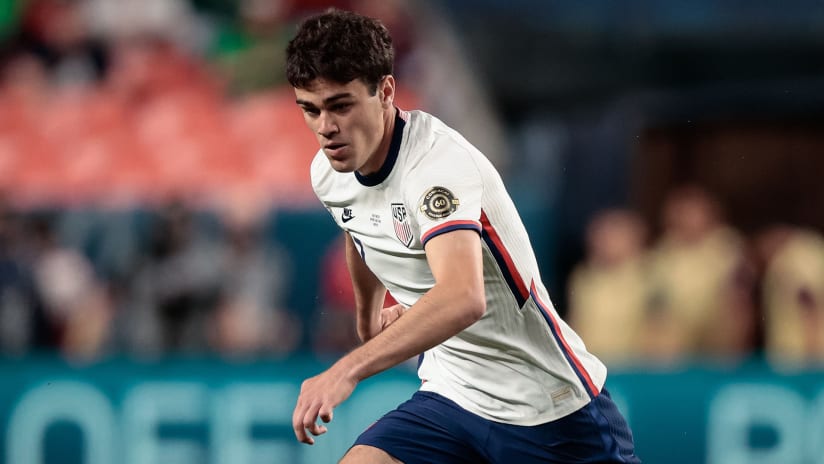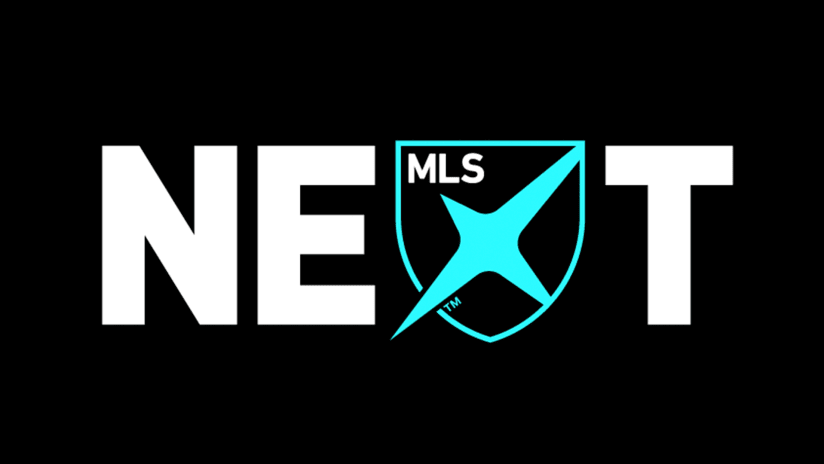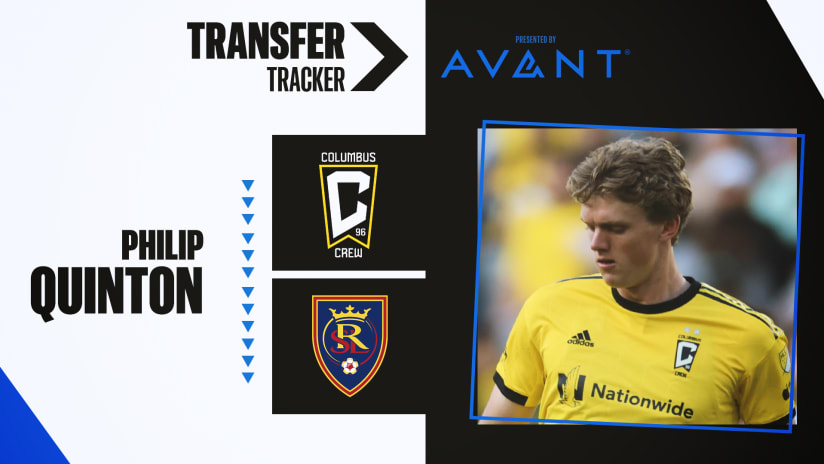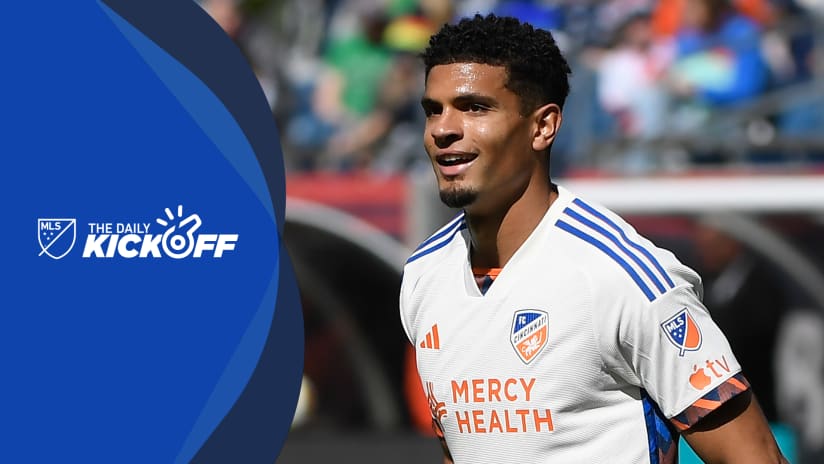Homegrown heroes like DeAndre Yedlin must be just the top of the iceberg if the US wants to compete for a World Cup title, MLS commissioner Don Garber emphasized in an appearance at the Bloomberg Sports Business Summit on Wednesday.
Sharing the stage with U.S. Soccer president Sunil Gulati, Garber laid out the vision for the United States' progress into the top echelon of world soccer powers as he and his federation counterpart see it, citing continued improvement in youth player development as a linchpin.
“We're now spending more on our academy system than we were spending on player salaries five years ago,” Garber told Bloomberg's British reporter Tariq Panja, “and that's where the growth and the real opportunities are going to come, because we've got a zillion kids who are playing, now they're being coached in a very structured environment like they are in your own country, in the [English] Premier League.”
“So that young player now that has the opportunity to look at becoming a professional, can make a real living and perhaps decide that he doesn't want to play another sport, perhaps decide that he'll be developed better in the United States and be closer to home,” he later added. “So that's changed rapidly – it's actually changed a little faster than we thought it would. We have about 50 players on our rosters that just over the past couple of years have been developed in communities where our teams are based, and professionally trained.”
In addition to Yedlin, the league is currently seeing a boom of talented academy products breaking through on the senior level. Bill Hamid is having his best season yet for DC United, Harry Shipp is a Rookie of the Year contender in Chicago and Tommy Thompson is the latest Homegrown sensation in San Jose. In addition, Seattle academy product Jordan Morris is still in college, but that didn't prevent Jurgen Klinsmann from calling him up to last week's USMNT match in the Czech Republic.
Mindful of the benefits this talent influx can have across the system, both Garber and Gulati described the long-range goals of the US national team and MLS as interwoven.
“We've had player development programs for a long time, but a league is a critically important component of that. So that'll happen,” said Gulati. “And there's no formula for this. When you talk about producing a [Lionel] Messi or producing a [Cristiano] Ronaldo or whoever – those players are once every decade. We will have some of those players, I have no doubt.
“The way we're going to do this, in my view – and I know Don shares this – we're not going to be an export-driven model. We're not Denmark, which has got a very good program and a good national team, or even Argentina, where most of their best players are playing outside the country. The way forward for us, long-term, medium-term long-term, is to have a league that will interest, will be able to pay – and it's already starting to happen – our best players.”
Gulati noted that the USMNT is in select company as one of only five nations (along with Mexico, Germany, Argentina and Brazil) to have reached the knockout stages in three of the last four World Cups.
And the next big breakthrough might have to take place on a global stage of similar size.
“The fact that a national team can achieve what it's achieved over the past number of World Cups is a story about our team, a story about our coaching, a story about the development of the game,” added Garber, using Yedlin as an example. “We had a Homegrown MLS player play in the World Cup that was just transferred from the Seattle Sounders to Tottenham for millions and millions of dollars.
“In time, we will have our world-class player ... The real turning point for us is, when we have a world-class player playing for the best team in the world. He is winning the [UEFA] Champions League, he's scoring 20 or 30 goals, he's coming back to our national team, he's getting mobbed on the street. That happening, I think, is still years away, but when it does it will be a game changer for us.”

